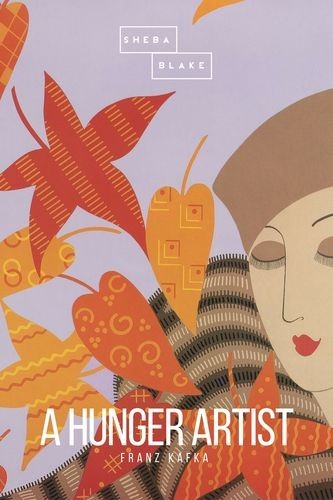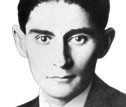- Ebook

A Hunger Artist is a short story by Franz Kafka. The protagonist, a hunger artist who experiences the decline in appreciation of his craft, is an archetypical creation of Kafka: an individual marginalized and victimized by society at large. The title of the story has been translated also to "A Fasting Artist" and "A Starvation Artist". A Hunger Artist was first published in the periodical Die neue Rundschau in 1922 and was subsequently included as the title piece in the short story collection. "A Hunger Artist" explores the familiar Kafka themes of death, art, isolation, asceticism, spiritual poverty, futility, personal failure and the corruption of human relationships. There is a sharp division among critical interpretations of "A Hunger Artist". Most commentators concur that the story is an allegory, but they disagree as to what is represented. Some critics[who?], pointing to the hunger artist's asceticism, regard him as a saintly or even Christ-like figure. In support of this view they emphasize the unworldliness of the protagonist, the priest-like quality of the watchers, and the traditional religious significance of the forty-day period. Other critics[who?] insist that A Hunger Artist is an allegory of the misunderstood artist, whose vision of transcendence and artistic excellence is rejected or ignored by the public. This interpretation is sometimes joined with a reading of the story as autobiographical. According to this view, this story, written near the end of Kafka's life, links the hunger artist with the author as an alienated artist who is dying.
-
FormatoEbook
-
EstadoNuevo
-
Isbn9783961890255
-
Peso145.9 KB
-
Número de páginas8
-
IdiomaInglés
-
FormatoEPUB
-
ProtecciónDRM
-
ReferenciaBKW8922

